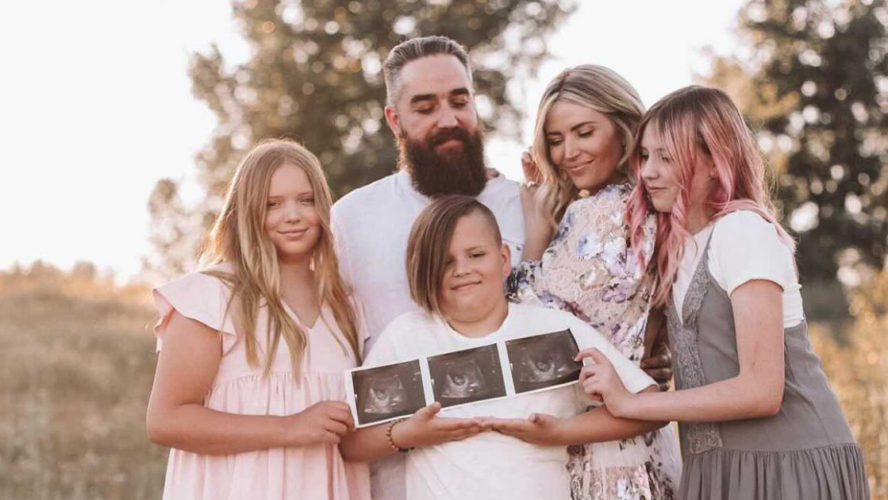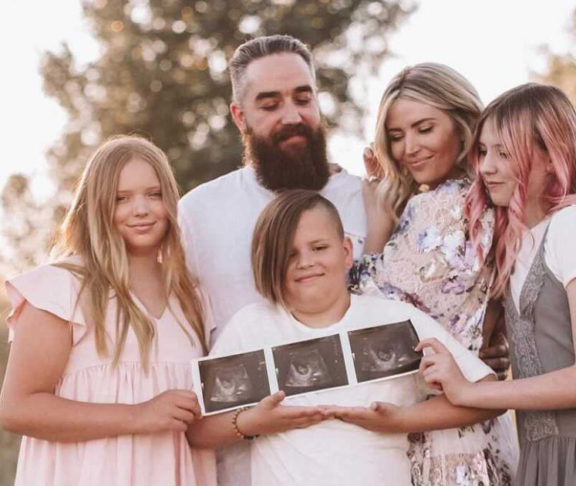In a candid conversation with Mediaplanet, Sarah Nicole Landry discusses parenting tips and ways to promote positive self-talk in households.

Tell us about your experience with motherhood so far. Were there any challenges you didn’t anticipate?
I definitely didn’t realize that each child encompasses a different parenting journey. Like any relationship, really. I think the most challenging part isn’t actually the parenting itself but the constant feeling of not doing, not being, or not knowing enough. It requires a lot of self-grace to navigate the journey from beginning to end.

What’s the best piece of parenting advice you’ve received?
Don’t accept criticism from someone you wouldn’t ask for advice! This is key for navigating the sheer volume of advice from others based on their experiences. Remember, it’s okay to define your own and seek advice from sources you trust and value.

How do you promote positive self-talk in your household?
This has been a whole new workaround for me. I’ve worked on rewiring the things I say. So, for example, instead of saying, “I’m so proud of you,” say, “You must be so proud of yourself.” My cousin taught me that one, and I really love that it creates an inner dialogue for them to adopt and carry through. But negative self-talk happens, so sometimes, instead of just “smiling and positivity-ing it away,” just holding space for their feelings and reminding them of their truths can help.

Can you share any parenting tips for parents with kids across different age groups?
For me, it’s not even about ages. It’s about connecting with where they’re at and adjusting to it. My kids are aged 1, 12, 14, and 16, and they’re all entirely different in maturity levels, interests, and needs. So, of course, it will vary, as any relationship does with one — or more — individual(s). But with all the kids of all ages, there’s common ground: be kind and respectful, take responsibility, say sorry, clean up after yourself, and communicate. At age one or sixteen, the core messages are the same; it’s just how they play out — or are parented out — is different.


